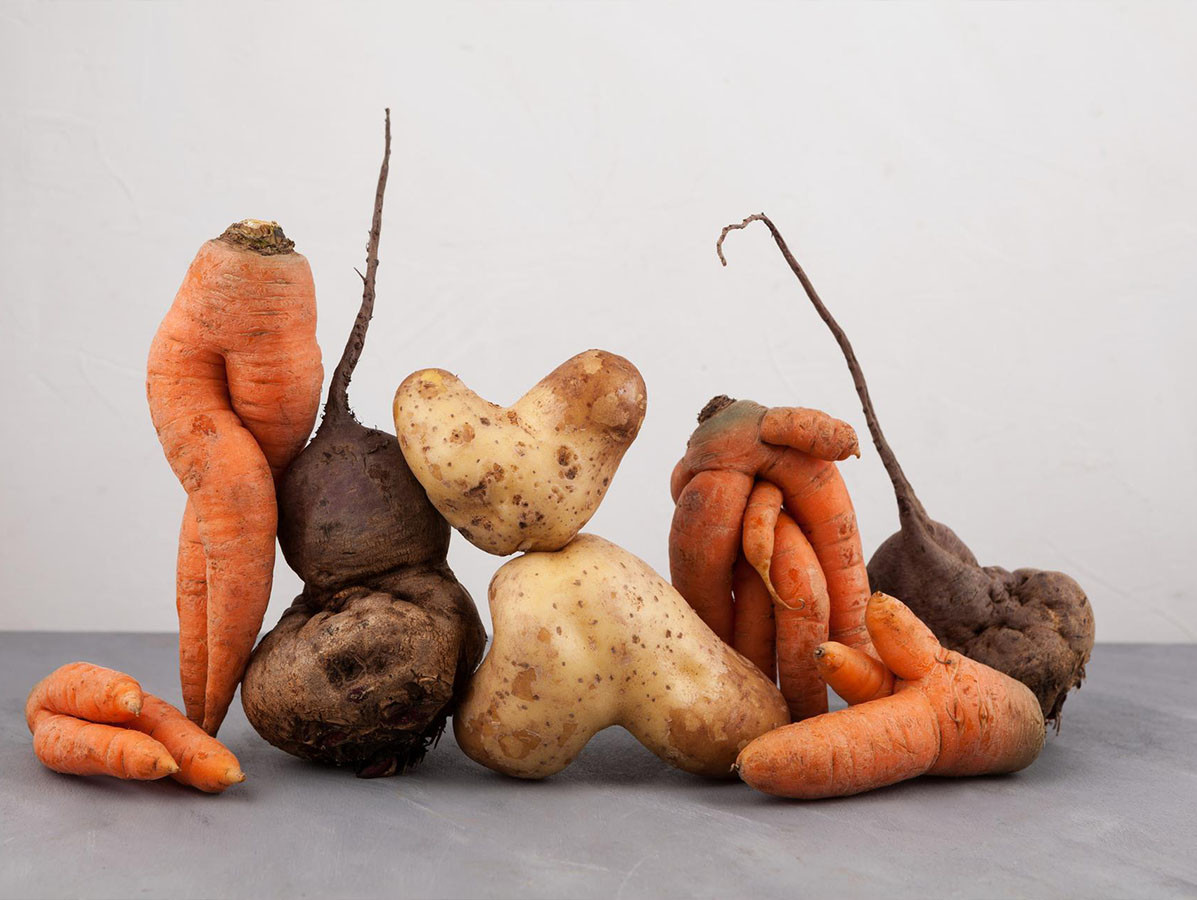
More than six out of ten Dutch consumers believe we should strictly follow seasonal eating habits to reduce our environmental impact. There is also considerable support for so-called "odd" produce, such as crooked cucumbers and misshapen bell peppers.
This is according to the latest National Choice Overload Monitor by market research agency MSI Consultants, based on a representative sample of over 1,000 Dutch participants. Seventy-six percent of respondents feel that supermarkets should offer more odd produce as part of the fight against food waste. Regardless of appearance, the current price of fruits and vegetables is limiting consumption. If prices were to drop by 25%, 64% of those surveyed stated they would eat more fruits and vegetables.
When asked about the most significant change to our diet by 2050, "more plant-based food" was frequently mentioned, along with "artificial meat," "3D-printed food," and "alternative proteins," such as insect consumption instead of meat. However, genetically modified food still appears to be a step too far; only 16% expressed positive feelings about it. The reception of lab-grown meat is similarly low at fifteen percent, and 3D-printed food is also largely unappealing to the majority. "It no longer feels natural," one respondent said. "Highly processed food makes us sick," another added. Even the recently introduced hybrid meat by supermarkets fails to entice—only twelve percent think it tastes good or believe it will.
Dutch consumers support the idea of consuming more plant-based proteins instead of animal-based ones. The two key conditions: the taste must not suffer, and the alternative product should be at least as healthy. Nearly half of the Dutch population is open to eating more meat substitutes like veggie burgers, but they are held back by concerns over the many additives, such as colorings and flavorings, found in these products.
View the results of the Choice Overload Monitir (Dutch only)
Source: Vakblad Voedingsindustrie 2024